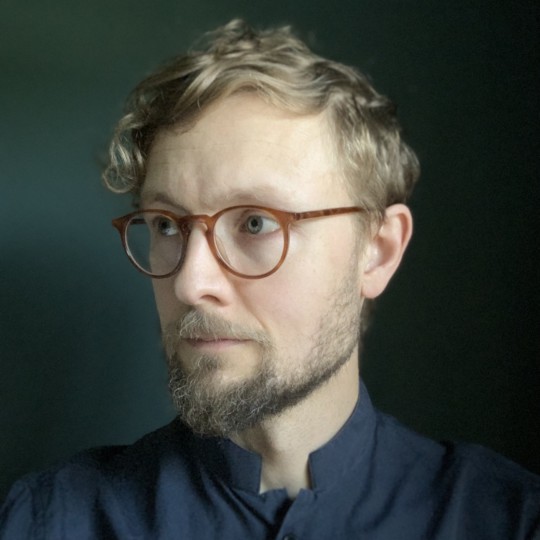People
During his residency as a CVC Visiting Research Fellow, Professor Jacobson will be working on a book with the working title Art in an Age of Oil, material from which he will use to organize the graduate seminar and public event. This project, an interdisciplinary history of visual culture in and about the French oil and gas industry, examines the interplay of technology, politics, and culture during the rise of one of the last century’s most influential resources. Building on social scientific and historical accounts of oil’s political, economic, and technological development, the project uses the methods of visual cultural history — a history of films, photographs, advertising, and the fine arts—to examine how oil came to have meaning and power. How, it asks, was an oil imaginary, and with it a horizon of expectation for the energy and environmental future, established during the critical decades after World War II when petroleum companies struggled to secure their product’s success and culture makers helped introduce it to everyday life? How, moreover, did mass publics come to know and understand—and then to accept or even embrace—an oil-powered world and thereby create conditions for the oil industry’s continued success, despite knowledge about its negative consequences on the environment and human health? More than just a history of how culture represented or mediated oil and its industry, the project shows that the influence went both ways. It explores, that is, how oil shaped culture itself, in both conceptual and especially material ways, by creating what Professor Jacobson describes as petroleum’s “new media” world.
This project is grounded methodologically in the qualitative analysis of archival objects, which it studies in relation to their contemporary artistic, political, theoretical, technological, and scientific discourses. Focusing on the key years 1945-1975 in which western nations scrambled to control the world’s petroleum reserves and oil became (in 1962) the leading energy source, the project uses the specific case of France and its late-colonial empire to situate a more expansive approach to visual cultural forms. It aims to provide an interdisciplinary and intermedial model for examining 1) how culture shapes resource and environmental imaginaries and 2) how new resources shape culture. This approach emphasizes the fact that no medium creates meaning alone and insists upon the importance of examining representative texts from across visual media. These texts include long-overlooked materials such as French newsreels, early television programs, and industrial films produced by oil and gas companies as well as both canonical and rarely studied feature films by directors including Jacques Tati, Henri-Georges Clouzot, and Roger Vadim. Building on Art History’s “materialist turn,” it traces how oil helped remake the fine art of France’s “new realism” and “neo-avant-garde.” Reconsidering the work of both seldom studied and well-known artists, it examines how the new material world of oil and gas created both aesthetic opportunities and critical responses.



